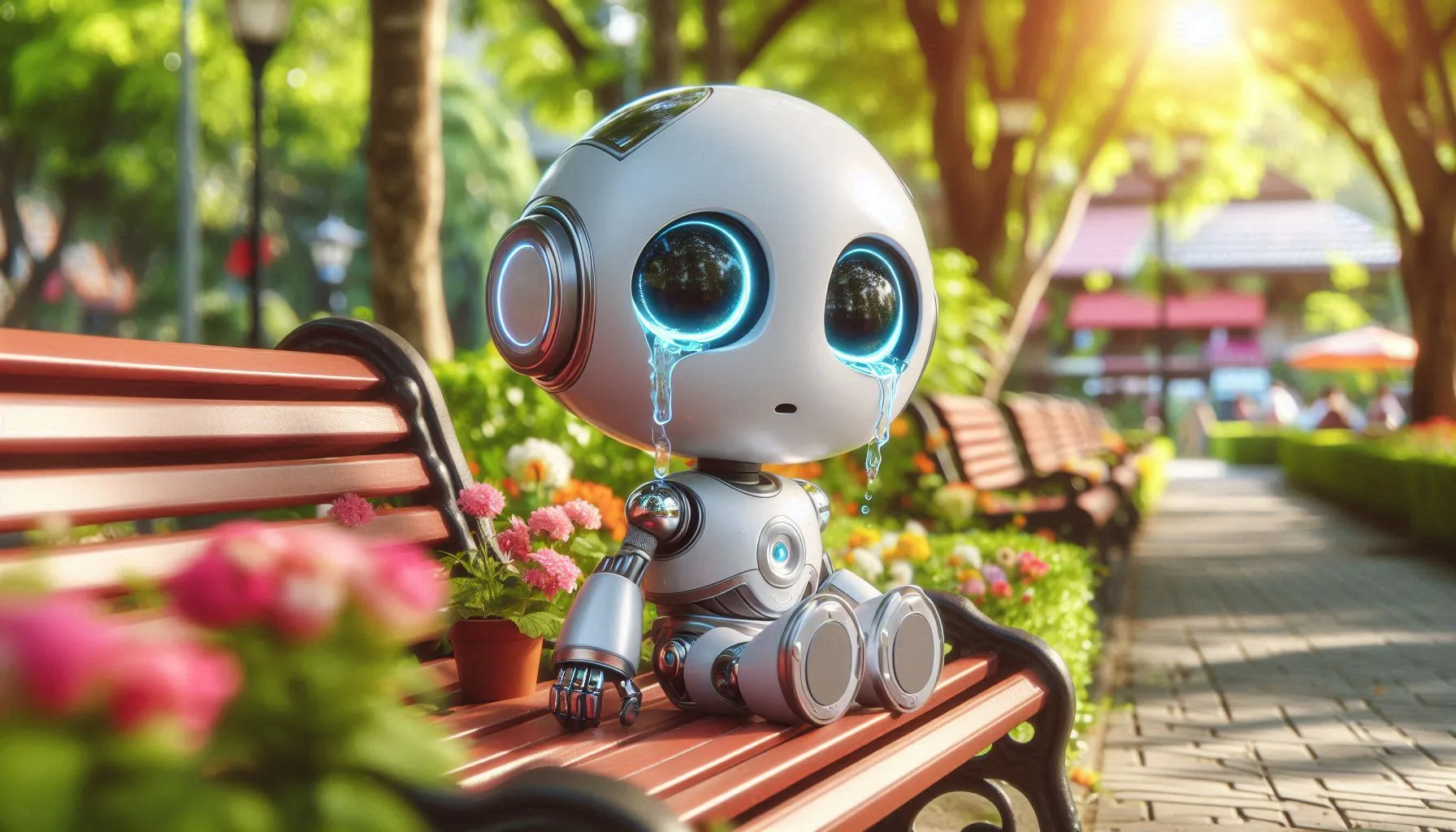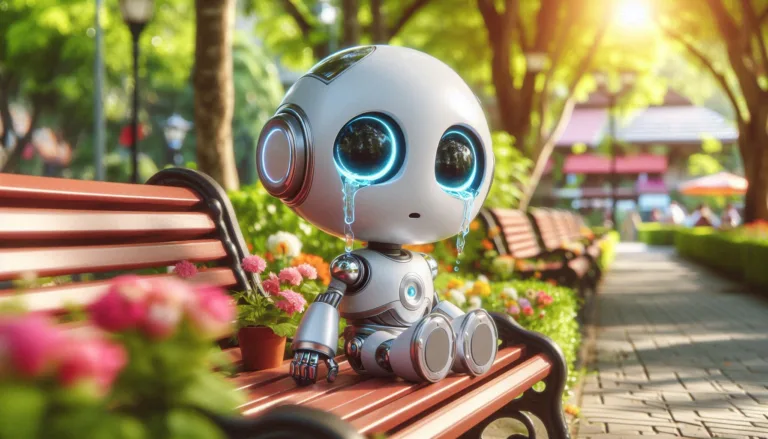Artificial intelligence (AI) has transformed industries by automating tasks, optimizing operations, and enhancing decision-making. From conversational AI assistants to predictive analytics in healthcare, AI demonstrates remarkable capabilities. Yet, despite these advances, AI has clear limitations. Understanding these gaps is essential to grasp its current role and future potential.
1. Lack of True Creativity and Original Thought
AI systems can generate impressive creative outputs, such as art, music, and literature. However, these results often rely on patterns and datasets. Unlike humans, AI lacks original thought and cannot conceptualize novel ideas without relying on pre-existing information. It can mimic creativity but cannot experience emotions or subjective inspiration that fuel human innovation.
For instance, while AI can design a logo based on user prompts, it cannot spontaneously create one based on abstract themes like “hope” or “dreams” without guidance. True creativity stems from human imagination, which involves emotions, intuition, and cultural understanding—areas AI cannot replicate.
2. Understanding Context and Nuance
AI struggles to interpret complex contexts, especially in nuanced social or cultural scenarios. Language processing systems often misinterpret subtle meanings, idiomatic expressions, or sarcasm. Even the most advanced AI models falter when tasked with grasping context-specific phrases.
For example, in customer service, AI might provide a generic response that fails to address a unique complaint. Similarly, in legal or medical fields, the inability to fully understand context can lead to suboptimal recommendations. This limitation stems from AI’s reliance on structured data, which may lack the richness of real-world situations.
3. Ethical and Moral Decision-Making
Ethics involve subjective judgments shaped by personal beliefs, cultural norms, and societal values. AI systems, however, operate on logic and algorithms, not moral reasoning. They can evaluate data but cannot weigh ethical implications as humans do.
This limitation becomes critical in areas like autonomous vehicles or healthcare. For instance, should a self-driving car prioritize passenger safety over pedestrians in an unavoidable collision? Such moral dilemmas require human oversight, as AI lacks the capacity for ethical reasoning.
4. Lack of Common Sense
Common sense, the innate ability to make sound judgments in everyday situations, is another area where AI falls short. While AI excels in specific tasks, it cannot apply general knowledge to unfamiliar scenarios. For instance, an AI might fail to recognize that pouring water on an electric appliance is dangerous, as this knowledge isn’t explicitly programmed into its system.
Humans use common sense to navigate unpredictable environments, make intuitive decisions, and solve problems creatively. AI’s inability to replicate this skill limits its effectiveness in dynamic, real-world settings.
5. Dependence on Quality Data
AI systems are only as effective as the data they are trained on. Poor-quality, biased, or incomplete datasets can compromise their performance. If the input data lacks diversity, AI may produce skewed results, perpetuating biases rather than resolving them.
For example, facial recognition systems trained on datasets with limited representation of certain ethnicities often exhibit higher error rates for those groups. Such issues highlight the importance of diverse and unbiased data to ensure fair and accurate AI outcomes.
6. Emotional Intelligence and Empathy
AI can simulate emotional responses through programmed behaviors, but it cannot truly experience or understand emotions. Emotional intelligence requires empathy, self-awareness, and interpersonal skills, which are beyond AI’s capabilities.
This limitation is evident in areas like mental health counseling, where human therapists offer genuine understanding and support. While AI tools can provide basic guidance, they lack the empathetic connection essential for addressing deeper emotional issues.
7. Handling Ambiguity and Uncertainty
Ambiguity poses a significant challenge for AI systems. Unlike humans, who can navigate uncertainty and make decisions with limited information, AI relies on clear, structured data. When faced with ambiguous situations, it often produces errors or nonsensical outputs.
For instance, in natural disaster scenarios, AI might struggle to prioritize conflicting data streams, such as rescue needs versus resource availability. Human decision-makers excel in such situations due to their ability to assess risks, consider multiple perspectives, and adapt strategies.
8. Physical Dexterity and Sensory Perception
Robots powered by AI have advanced in performing repetitive or precision-based tasks, but they still lack the physical dexterity and sensory perception of humans. Tasks requiring fine motor skills, adaptability, or sensory integration remain challenging for AI systems.
For example, assembling complex machinery or performing intricate surgeries requires not only precision but also the ability to adapt to unexpected changes. While robotic systems can assist, they cannot replace human expertise in such scenarios.
9. General Intelligence
AI excels in narrow domains, such as playing chess or analyzing financial data. However, it does not possess general intelligence—the ability to learn and perform a wide range of tasks with flexibility. General intelligence enables humans to adapt to diverse situations and acquire new skills independently.
Developing artificial general intelligence (AGI) remains a distant goal, as it requires replicating the depth and breadth of human cognition. Current AI systems, despite their capabilities, are far from achieving this level of versatility.
10. Dependence on Human Oversight
AI systems require human supervision to ensure accuracy, ethical use, and proper functioning. They cannot operate autonomously in complex or high-stakes environments without human intervention. This dependency underscores their role as tools rather than independent entities.
For example, AI in healthcare assists in diagnosing diseases, but final decisions must be made by medical professionals. Similarly, autonomous drones rely on human operators to manage unforeseen circumstances.
The Path Forward: Addressing Limitations
While AI’s limitations may seem daunting, they present opportunities for innovation and improvement. Researchers and developers are actively exploring ways to overcome these challenges, such as:
- Improved Contextual Understanding: Enhancing natural language processing to better interpret nuanced language and complex contexts.
- Ethical AI Development: Integrating ethical frameworks into AI systems to address moral dilemmas.
- Robust Training Data: Ensuring datasets are diverse, unbiased, and representative of real-world scenarios.
- Human-AI Collaboration: Leveraging the strengths of both humans and AI to address tasks requiring creativity, empathy, or ethical judgment.
Conclusion
AI has revolutionized industries and transformed how we live and work. However, its limitations remind us that it is a tool designed to complement, not replace, human capabilities. By recognizing what AI cannot do, we can focus on its strengths while addressing its shortcomings.
As AI continues to evolve, understanding its boundaries will guide responsible innovation, ensuring that it serves humanity effectively without overstepping its current capabilities. For now, the journey toward overcoming these limitations remains a collaborative effort between human ingenuity and machine precision.




